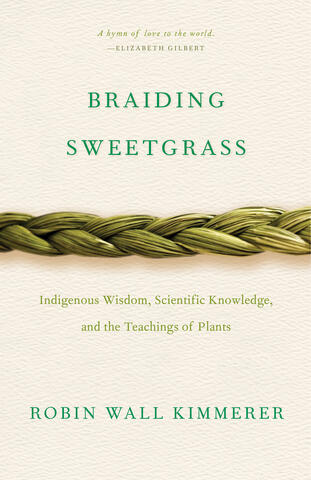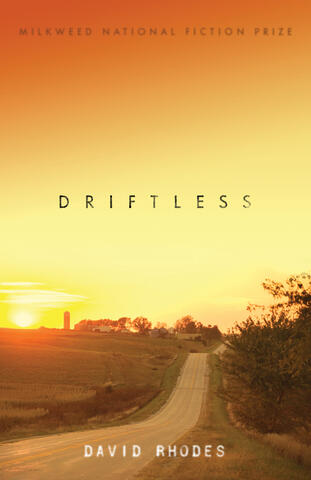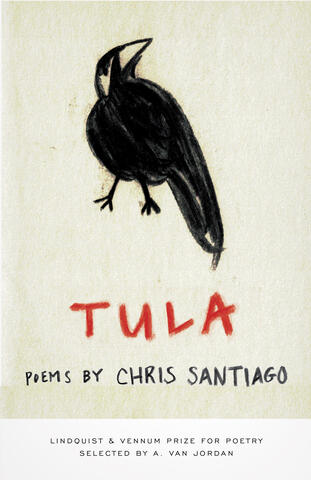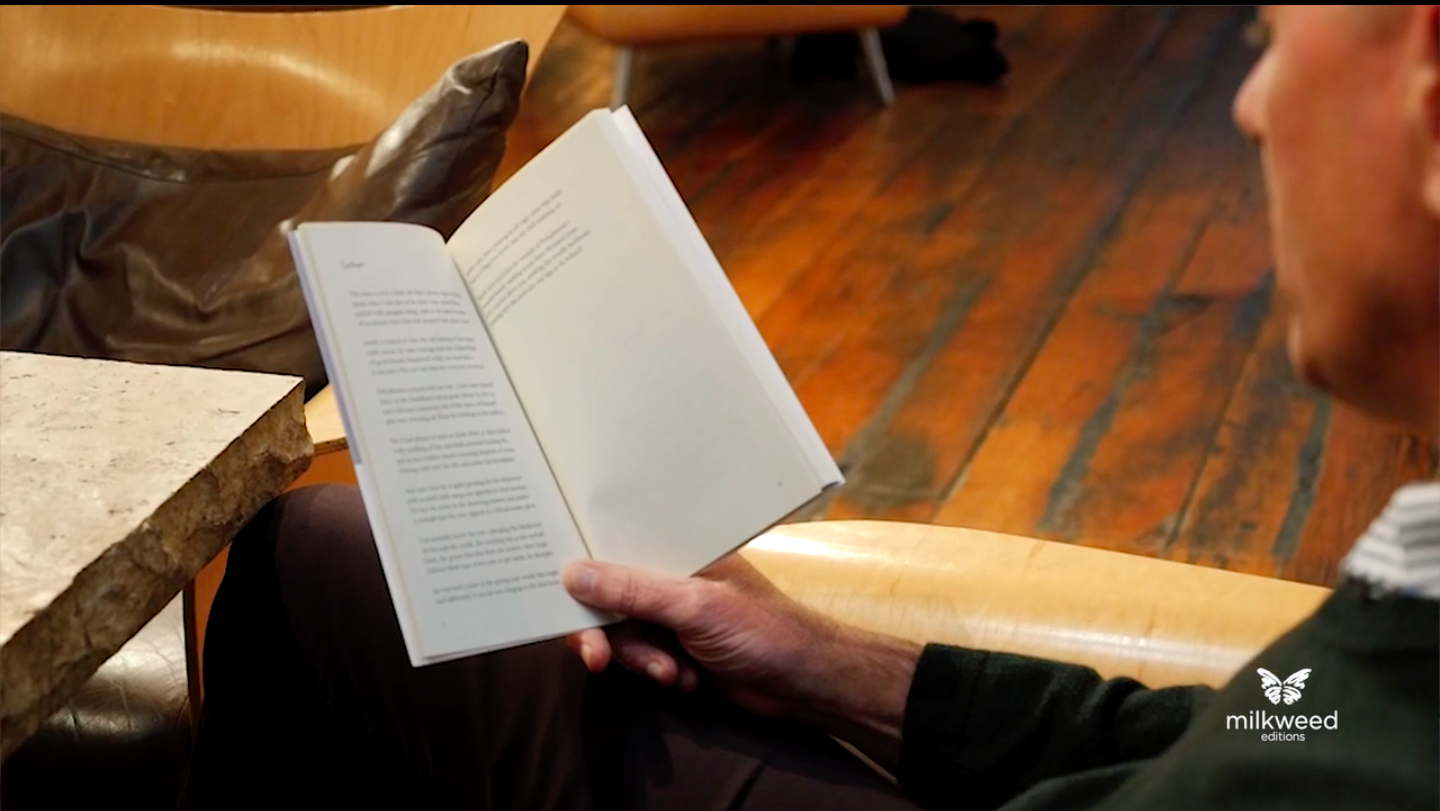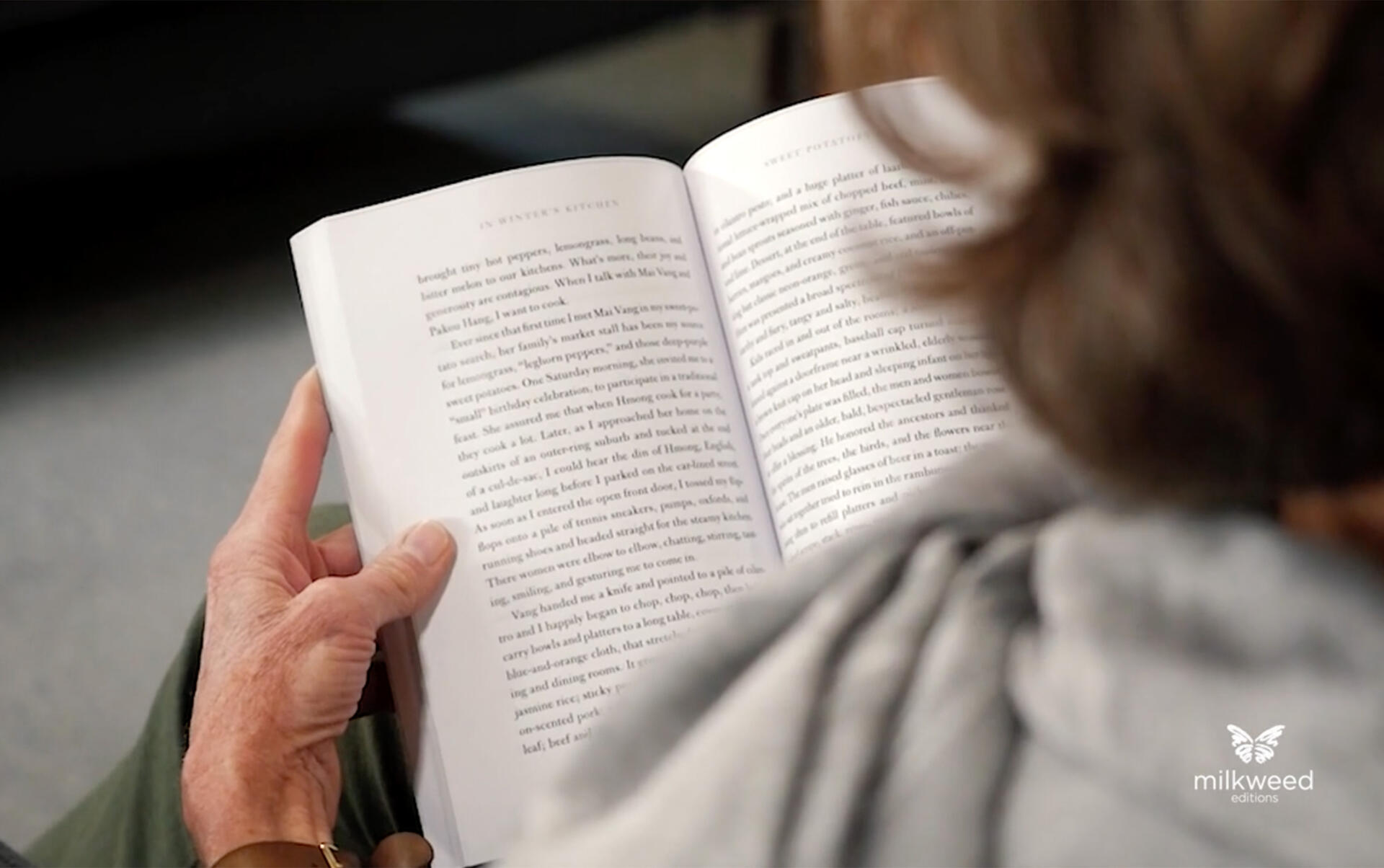
Milkweed Editions
Because reading should be life-changing
Milkweed’s Purpose
Just as the common milkweed plant is the site of metamorphosis for monarch butterflies, Milkweed Editions seeks to be a site of metamorphosis in the literary ecosystem. We take risks on debut and experimental writers, we invest significant time and care in the editorial process, and we enable dynamic engagement between authors and readers. We operate as a nonprofit to pursue these ends without overbearing financial pressure. And yet, though profits aren’t our primary focus, helping our authors succeed certainly is. Just so, since our founding in 1980, we’ve published over 350 books of literary fiction, nonfiction, and poetry and now have over six million copies in circulation. We believe that literature has the potential to change the way we see the world, and that bringing new voices to essential conversations is the clearest path to ensuring a vibrant, diverse, and empowered future.

Transformation
We view books as agents of change, and we publish literature that changes the ways readers see and live in the world.

Engagement
We believe engagement with literature illuminates the depth and multiplicity of human experience, and we engage communities in innovative ways.

Reciprocity
We believe all flourishing is mutual, and we cultivate relationships— with authors, readers, supporters, staff, and partners—that increase abundance.

Interdependence
We belong to the commons—a publisher of the public sphere—and we embrace the fact that our work is made possible by the generosity of our community.

Leadership
We embrace our role in a vibrant literary ecosystem, and we envision a future in which all can thrive.

The Butterfly Effect
The Butterfly Effect
Here at Milkweed Editions, we believe great books never really end. Because even after the last page has been read, the wisdom imparted lives on in the minds and hearts of readers. And then something incredible happens—that wisdom begins to shape behavior, and like ripples reverberating outwards, those lessons begin to spread.
This is The Butterfly Effect. A movement that creates movement. And by publishing the most daring, thoughtful, and powerful books we find, we believe we can create the greatest impact.
Our mission & vision
Milkweed Editions is an independent publisher of literary fiction, nonfiction, and poetry. Our mission is to identify, nurture, and publish transformative literature, and build an engaged community around it.
We publish literature that transcends boundaries and fosters transformation. We identify and nurture outstanding literary voices, we connect readers with our publications through innovative engagement, and we cultivate a vibrant supportive community around our organization.
Awards & Honors

